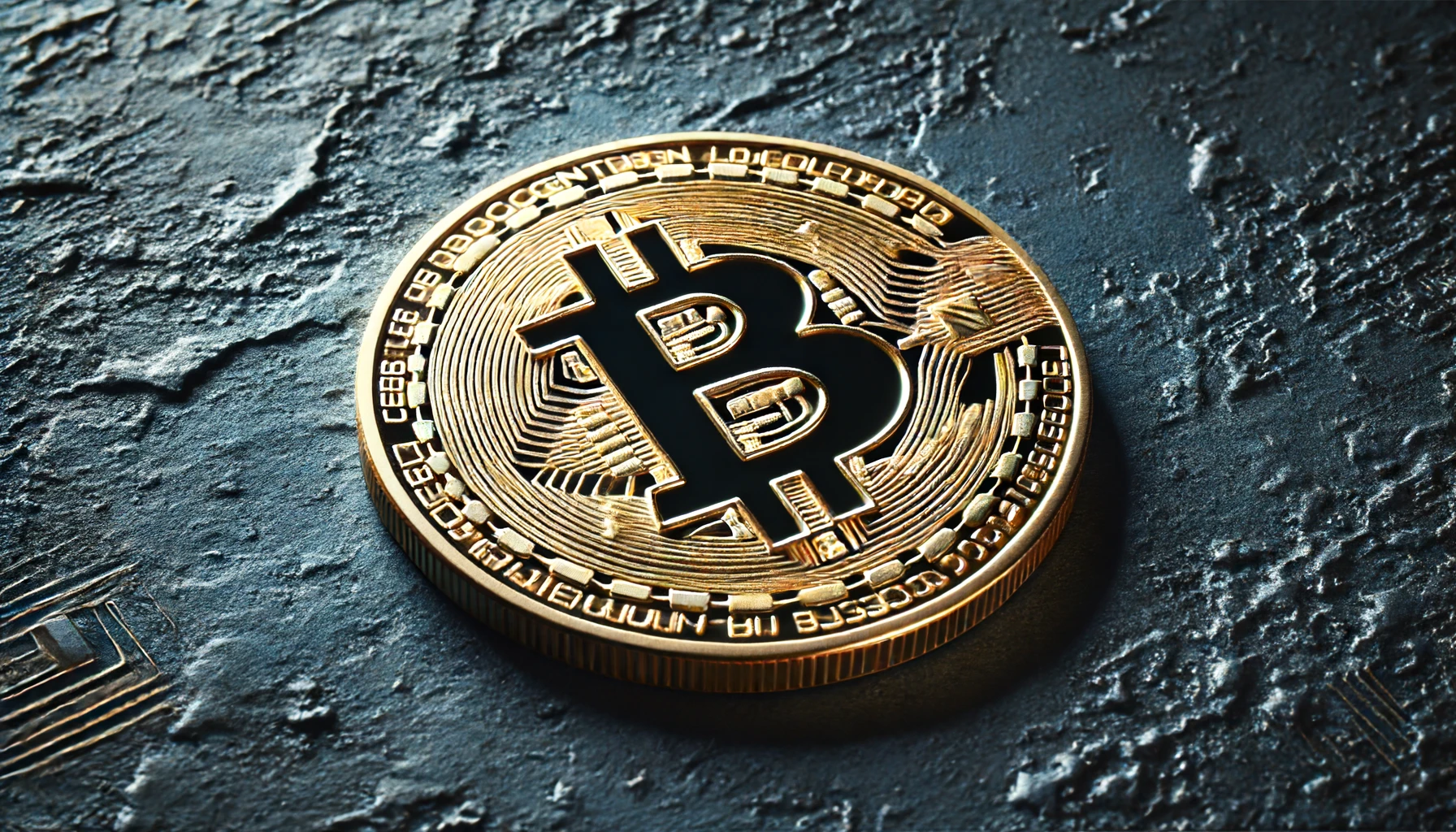This article discusses the rising popularity of decentralized finance (DeFi) platforms as traditional financial markets face uncertainty, highlighting the benefits and challenges of DeFi.
Points
- Overview of DeFi platforms and their key features.
- Factors driving the growth of DeFi amid financial market uncertainty.
- Benefits and challenges of DeFi platforms for users and investors.
- Future outlook and strategic insights for the DeFi ecosystem.
The Rise of Decentralized Finance (DeFi)
Overview of DeFi Platforms
Decentralized finance (DeFi) refers to financial services and applications built on blockchain technology that operate without traditional intermediaries. DeFi platforms enable users to lend, borrow, trade, and invest in digital assets through decentralized protocols.

Key Features of DeFi
- Decentralization: DeFi platforms operate on blockchain networks, removing the need for central authorities and intermediaries.
- Transparency: Transactions and operations on DeFi platforms are recorded on public ledgers, ensuring transparency and accountability.
- Accessibility: DeFi platforms are accessible to anyone with an internet connection, providing financial services to the unbanked and underbanked populations.
- Interoperability: Many DeFi platforms are designed to be interoperable, allowing seamless interaction and integration with other blockchain-based applications.
Factors Driving DeFi Growth
Financial Market Uncertainty
Amid traditional financial market uncertainty, investors are increasingly turning to DeFi platforms as alternative investment opportunities. Economic instability, inflation, and low interest rates in traditional markets have driven the search for higher returns and diversified investment options.
Technological Advancements
Advancements in blockchain technology and smart contracts have facilitated the development of sophisticated DeFi applications. These innovations offer new financial products and services that were previously unavailable in traditional finance.
Increased Adoption
The growing adoption of cryptocurrencies and digital assets has contributed to the rise of DeFi. As more individuals and institutions embrace digital currencies, the demand for decentralized financial services has surged.
Benefits of DeFi Platforms
Financial Inclusion
DeFi platforms provide financial services to individuals who are excluded from traditional banking systems. By removing barriers to entry, DeFi promotes greater financial inclusion and empowers users with more control over their assets.
Higher Returns
DeFi platforms often offer higher returns on investments compared to traditional financial products. Yield farming, staking, and liquidity mining are some of the strategies that allow users to earn substantial rewards.
Innovation and Flexibility
DeFi platforms foster innovation by enabling the creation of new financial products and services. The flexibility of DeFi protocols allows developers to experiment and introduce novel solutions to the market.

Challenges of DeFi Platforms
Security Risks
The decentralized nature of DeFi platforms makes them susceptible to security vulnerabilities, including hacking and smart contract bugs. Ensuring robust security measures and conducting thorough audits are essential to protect users’ funds.
Regulatory Uncertainty
DeFi operates in a largely unregulated environment, which poses challenges for compliance and legal oversight. The evolving regulatory landscape may impact the growth and operations of DeFi platforms.
Market Volatility
The volatility of digital assets can affect the stability and value of investments on DeFi platforms. Users must be aware of the risks associated with market fluctuations and price swings.
Future Outlook and Strategic Insights
Continued Growth and Innovation
The DeFi ecosystem is expected to continue growing, driven by ongoing innovation and increased adoption. New use cases and applications will emerge, further expanding the scope of decentralized finance.
Strategic Partnerships
Collaboration between DeFi platforms, traditional financial institutions, and regulatory bodies will be crucial for the sustainable growth of the DeFi ecosystem. Strategic partnerships can enhance credibility, security, and compliance.
User Education and Awareness
Educating users about the benefits and risks of DeFi is essential for responsible participation. Increasing awareness and providing resources will help users make informed decisions and mitigate potential risks.

Conclusion
Decentralized finance (DeFi) platforms are gaining traction amid financial market uncertainty, offering innovative solutions and alternative investment opportunities. While DeFi presents numerous benefits, including financial inclusion and higher returns, it also faces challenges such as security risks and regulatory uncertainty. The future of DeFi lies in continued growth, strategic partnerships, and user education, ensuring a resilient and thriving decentralized financial ecosystem.
